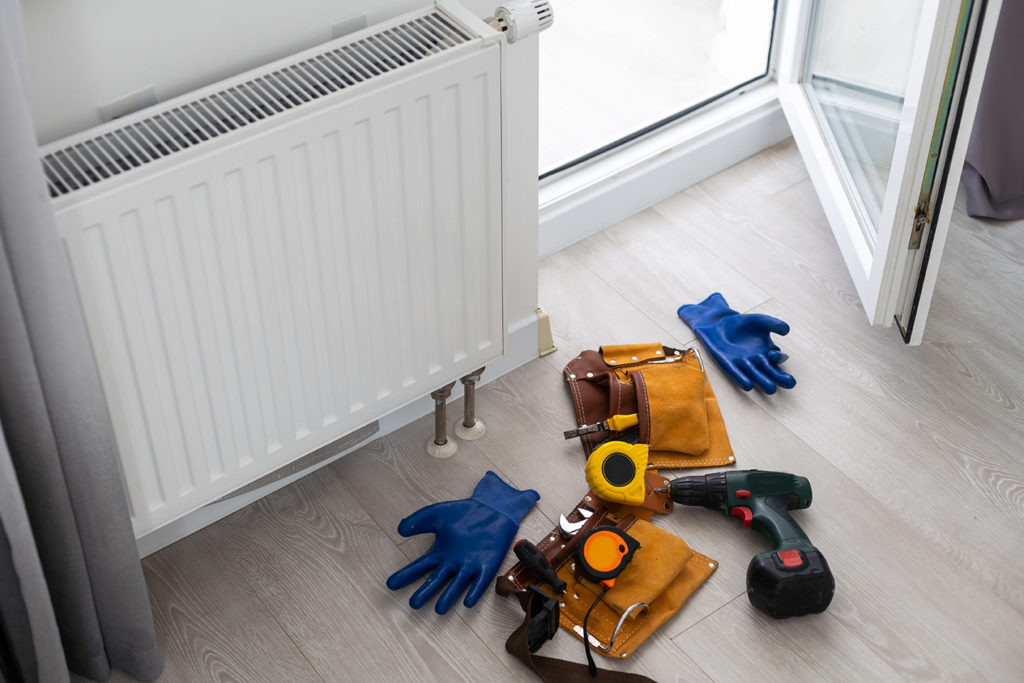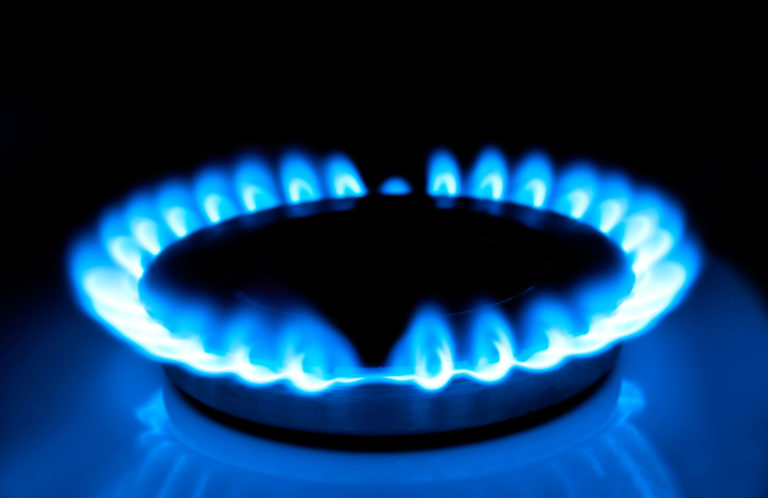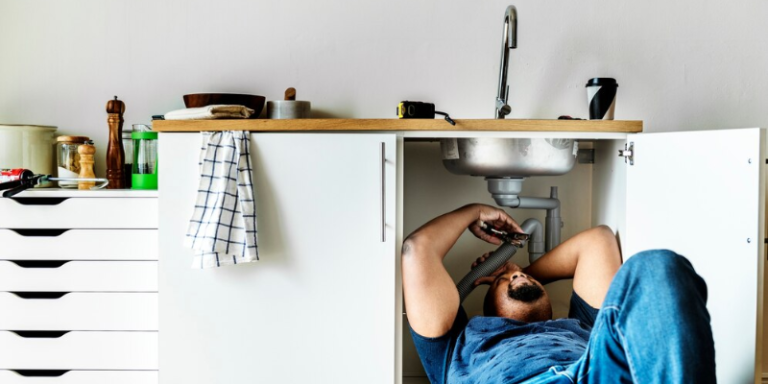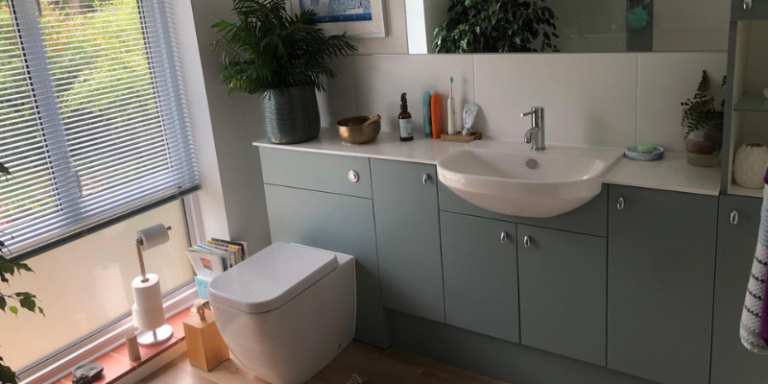Your radiator plays a crucial role in keeping your home warm and comfortable, especially during the colder months. However, like any other appliance, radiators can experience wear and tear over time, leading to issues that may require repair or replacement. In this blog, we’ll explore the differences between repairing and replacing your radiator, helping you make the right choice for your home and budget.
When to Repair Your Radiator
- Minor Leaks: If you notice a small leak or drip coming from your radiator, it may be possible to repair the issue rather than replacing the entire unit. Common causes of leaks include loose valves, damaged seals, or corroded pipes, all of which can often be fixed with simple repairs.
- Cold Spots: If your radiator is only partially heating up or has cold spots, it could indicate a buildup of sediment or air trapped in the system. Flushing the radiator or bleeding the air out of the system may solve the problem and restore proper heating without the need for replacement.
- Noisy Operation: If your radiator is making loud banging or clanging noises when it’s in operation, it could be a sign of trapped air or loose components within the system. Bleeding the radiator or tightening fittings and valves may resolve the issue and improve the efficiency of your heating system.
When to Replace Your Radiator
- Extensive Damage: If your radiator is heavily corroded, rusted, or damaged beyond repair, it may be more cost-effective to replace it with a new unit rather than investing in costly repairs. A new radiator will not only improve the efficiency of your heating system but also enhance the aesthetic appeal of your home.
- Outdated Technology: Older radiators may lack the efficiency and performance of newer models, leading to higher energy bills and reduced heating comfort. If your radiator is outdated or inefficient, replacing it with a modern, energy-efficient model can help you save money on your heating costs in the long run.
- Frequent Repairs: If you find yourself repeatedly repairing your radiator due to ongoing issues or malfunctions, it may be a sign that the unit is reaching the end of its lifespan. Instead of pouring money into constant repairs, consider investing in a new radiator that will provide reliable heating for years to come.
Conclusion
Whether to repair or replace your radiator depends on the nature and extent of the problem, as well as your budget and long-term heating goals. While minor issues can often be addressed with repairs, extensive damage or outdated technology may warrant a replacement. At Peak Plumbing & Heating, our experienced technicians can assess the condition of your radiator and provide expert advice on the best course of action. Contact us today to schedule a consultation and ensure your home stays warm and comfortable all year round.




